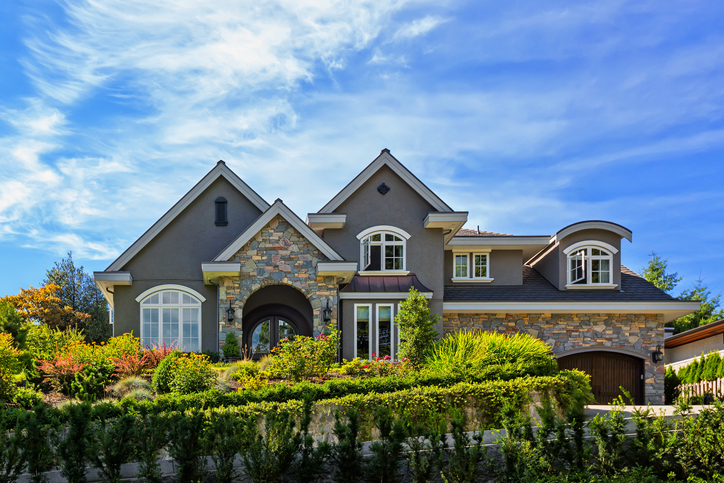
Spectacular landscapes and exciting city life make Vancouver one of the most attractive cities to live in the world. If you have plans of buying property in this beautiful and well-maintained city, it would be best to understand how property taxes are computed and how much you should pay here.
What is property tax?
Let us first define what property tax is. Put simply, it is the yearly amount a property owner must pay to the local government for essential services like law enforcement and firefighting. This may also fund road repairs, improvements to public parks, and other services that will help build a stronger community.
Property tax in Vancouver
Vancouver is known to be one of the most expensive cities to buy a house in Canada. As of September 2018, the average price of Vancouver homes is at
$1,070,600. Though housing prices may be quite expensive, the silver lining is that the city also has the lowest property taxes in the country. This means that they may cost a lot but are relatively cheap to own.
Average property tax rates in Vancouver are only at 0.24 percent, a significantly lower rate compared to Toronto’s 0.63 percent and Ottawa’s 1.06 percent. To put things in perspective, owning a home worth $1 million would lead to only $2,468 in property taxes. In Toronto and Ottawa, however, you would need to pay $6,355 and $10,684 respectively.
Property classes
Property classes differ based on their type and use. These can also help to determine how much tax you will pay. A house serving as your primary residence, for example, will be Residential. On the other hand, a golf course will be listed under Recreational Property.
There are nine classes in all. They are:
- Class 1 – Residential
- Class 2 – Utilities
- Class 3 – Supportive housing
- Class 4 – Major industry
- Class 4 – Major industry
- Class 6 – Business and other
- Class 7 – Managed Forest Land
- Class 8 – Recreational and non-profit
- Class 9 – Farm
For a more detailed look at property classes, click here.
Computing for property tax in Vancouver
Property tax rates are set by a general levy from the city and levies from other taxing authorities. The rate applies to each $1,000 of your property’s assessed value. This value will then be multiplied with the respective tax rate for its property class.
For example, say that your primary home’s assessed value is $500,000. Since the property tax rate applies to each $1,000 of your home’s assessed value, you must divide it by $1,000, giving you $500.
$500,000 ÷ $1,000 = $500
You should then multiply $500 with the property tax rate for your property class. For residential properties, tax rate is at $2.46826 as of 2018. By multiplying $500 with $2.46826, your total property tax will be $1,234.13.
$500 x $2.46826 = $1,234.13
Property tax for foreign buyers
In an attempt to prevent foreign buyers from abusing taxation loopholes, non-Canadians looking to buy residential property in Vancouver are taxed an additional 20% (called the additional property transfer tax) on top of the tax rate. This is a 5% increase from the 15% added tax originally set with the approval of the Miscellaneous Statutes (Housing Priority Initiatives) Amendment Act in 2016.
If you need help with understanding how Vancouver property taxes work, then let me be your guide. I’m Don, and you can call me at 604-817-7738 or send me an email at botsoldmunro(at)gmail(dotted)com.

